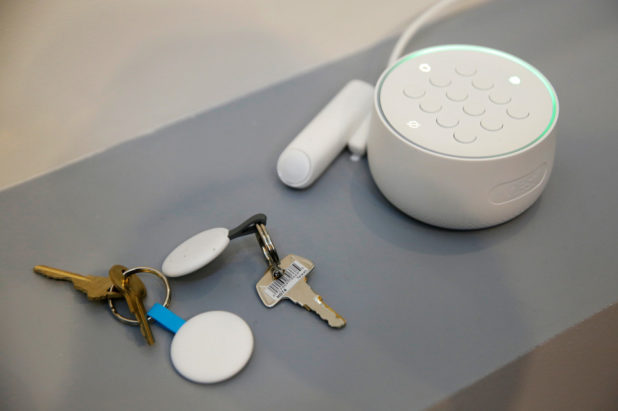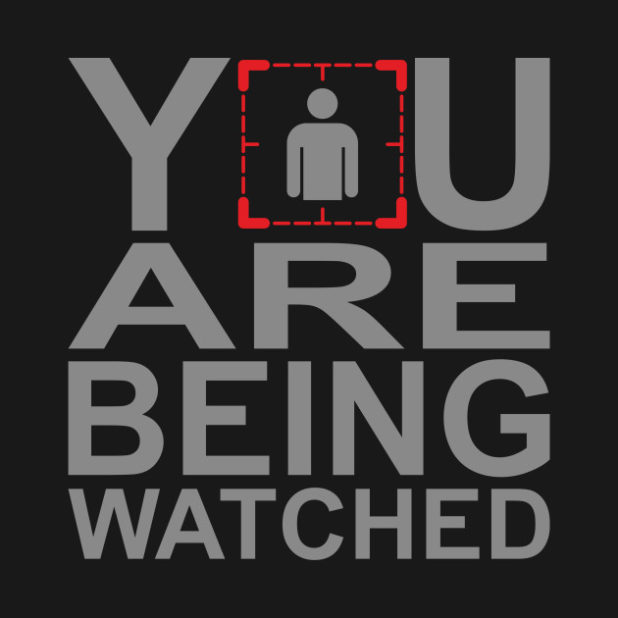Pomidor Quixote and Andrew Anglin
Daily Stormer
February 24, 2019
Google’s Nest Guard security hub
The totally not evil company Google has apologized for not mentioning anywhere that one of the gadgets they sell has a microphone until more than a year after it hit the market.
The grovelling data-hoarder said it “forgot to mention” it had hidden a mic in its £200 Nest Secure home alarm system.
It admitted it made a huge error and claimed the built-in microphone “was never intended to be a secret”.
The scandal began when Google announced earlier this month that it would be adding built-in Google Assistant support to Nest Guard, the Nest Secure’s hub and keypad system.
Nest Secure allows you to control alarms in your home from a central hub, and the addition of Google Assistant meant users could control it using voice commands.
But Google hadn’t told customers about the device’s built-in microphone when it began selling the hubs in 2017.
The product specs for the device made no mention of a microphone as recently as January.
This means someone who bought the device when it came out had had a hidden microphone in their home for the best part of 15 months.
Google said in a statement that the omission was a mistake.
As terrible as that is, I don’t think they did it out of malice. They likely legit made a mistake because everything has cameras and microphones everywhere and it may have just slipped their minds. Everyone has to assume that every electronic that has access to the Internet has an incorporated microphone somewhere, either hidden or not.
You also have to assume that these microphones are always listening in. Have you ever mentioned something in a face-to-face conversation with someone and then gotten ads about it when you logged in to Facebook or went to some website? They are listening, and they are using the information they gather to turn you into a better goy, a better consumer, a better gear in their machinery.
Tech companies have been pushing for the so-called Internet of Things for years now.
They want every electronic gadget to “be connected” and to share data about you. It’s about creating a more effective surveillance grid that no one could easily escape just by not owning electronic gadgets, as these gadgets would be in everyone’s homes and pockets and even your neighbors’ gadgets would be enough to spy on you.
Even if you lived like an Amishman, at some point you’d step out of your home and into the modern world. You’d walk past a neighbor’s house, go to your workplace, the market, or somewhere else, and something in there — even the thing you least expect — will be sending data about you to the Globohomo headquarters.
Just assume you’re being watched because you are in fact being watched.
These companies will say that they are only spying on you to sell you things, but even if that were true, the data profiles they build on you could be used for any purpose. They catalog your entire life.
As we saw with the Maryland Google Search Criminal, this data is accessible to law enforcement and is now being used by law enforcement to arrest people on pre-crime charges.
People will have discussions about whether this dystopia we find ourselves in more resembles the one predicted by George Orwell or the one predicted by Aldous Huxley.
In fact, it has elements of both – but more than either it is like the dystopia predicted by Philipp K. Dick.
He was the only one who imagined a police state that was primarily surreal, where the most oppressive element is the underlying confusion about reality itself.
And it is the sheer amount of data being collected – and for that matter the amount of data that is being distributed – that is allowing for this surreality.




